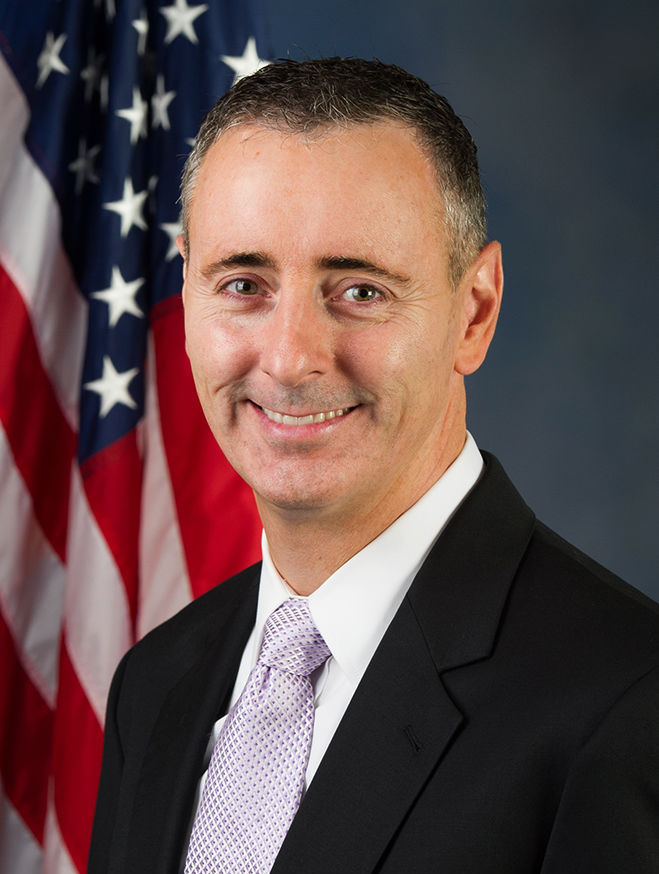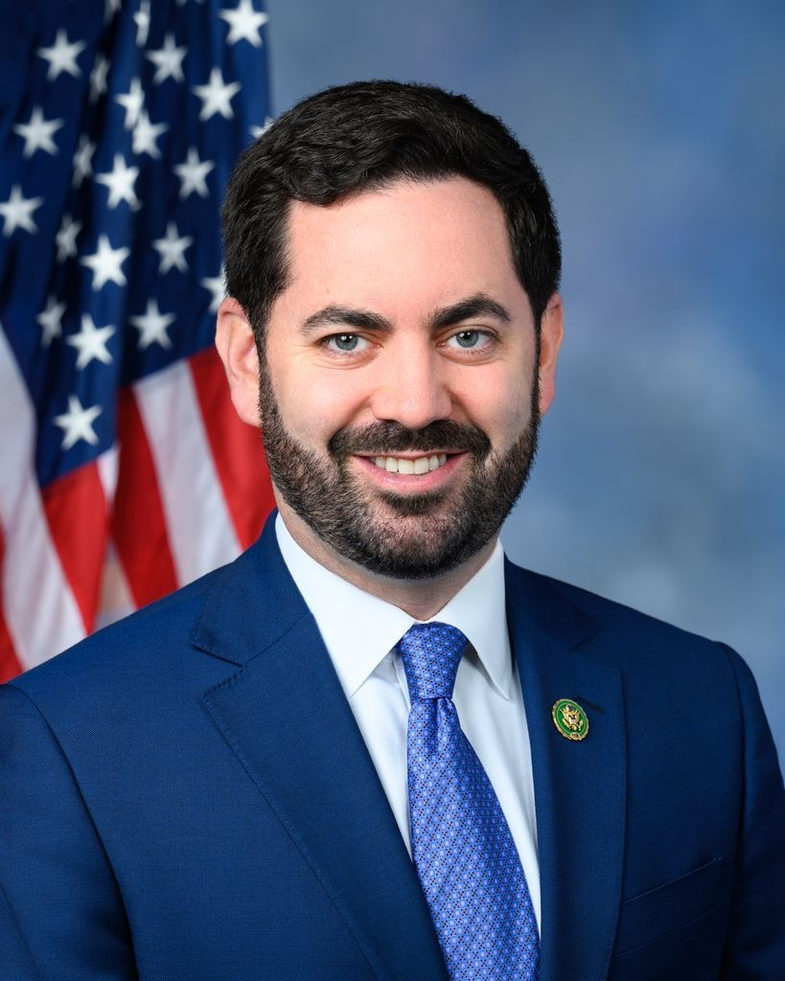H.R. 306: Ending Scam Credit Repair Act
This bill, named the **Ending Scam Credit Repair Act (ESCRA Act)**, aims to amend the Credit Repair Organizations Act. The primary objectives are to enhance consumer protections against misleading practices by credit repair organizations and to clarify the rules governing these businesses. Below are the key components of the bill:
Definition Changes
The bill revises the definition of a credit repair organization. It specifies that this definition excludes attorneys who provide legal representation for consumers as part of a case. This change is intended to differentiate between legitimate legal services and credit repair services.
Prohibited Practices
The bill outlines several practices that would be prohibited for credit repair organizations:
- Misleading Statements: It clarifies that any knowingly false statements made by these organizations are prohibited, especially if they are related to complaints or fraud reports involving consumer protection agencies.
- Payment In Advance: Credit repair organizations cannot collect fees in advance for promised services. They must provide documented proof—specifically, a consumer report showing successful service delivery—before receiving payment.
- Jamming: Organizations will be restricted from submitting multiple disputes on the same issue unless they comply with certain conditions regarding the investigation timeframe.
Disclosure Requirements
To foster transparency, the bill mandates that credit repair organizations clearly explain to consumers that they do not offer services that consumers are able to perform for free. Additionally, specific contact information for consumer protection agencies must be provided.
Consumer Contracts
The bill requires signed contracts between consumers and credit repair organizations. It emphasizes that all communications sent on behalf of the consumer must be provided to the consumer simultaneously.
Noncompliance Rules
Credit repair organizations must comply with all regulations, regardless of whether they employ attorneys. Also, starting January 1, 2026, anyone operating as a credit repair organization must have a state-issued license.
Communication Standards
The bill introduces requirements for credit repair organizations when communicating with information providers, such as credit reporting agencies. These communications must clearly identify the sending organization and adhere to specified formats for disputes.
Civil Liability Provisions
It introduces civil liability for credit repair organizations that violate these regulations, including a fixed amount of damages set at $500 for each violation. This aims to deter harmful practices through financial accountability.
Relevant Companies
- FCF - First Commonwealth Financial Corporation: As a financial service provider that may offer credit repair services, the bill could impact its operations and compliance practices significantly.
- PRTS - Parts Logistics Inc: This company might be impacted due to any credit repair services it provides which would need to adjust to new regulations.
This is an AI-generated summary of the bill text. There may be mistakes.
Sponsors
6 bill sponsors
Actions
2 actions
| Date | Action |
|---|---|
| Jan. 09, 2025 | Introduced in House |
| Jan. 09, 2025 | Referred to the House Committee on Financial Services. |
Corporate Lobbying
0 companies lobbying
None found.
* Note that there can be significant delays in lobbying disclosures, and our data may be incomplete.
Potentially Relevant Congressional Stock Trades
No relevant congressional stock trades found.





